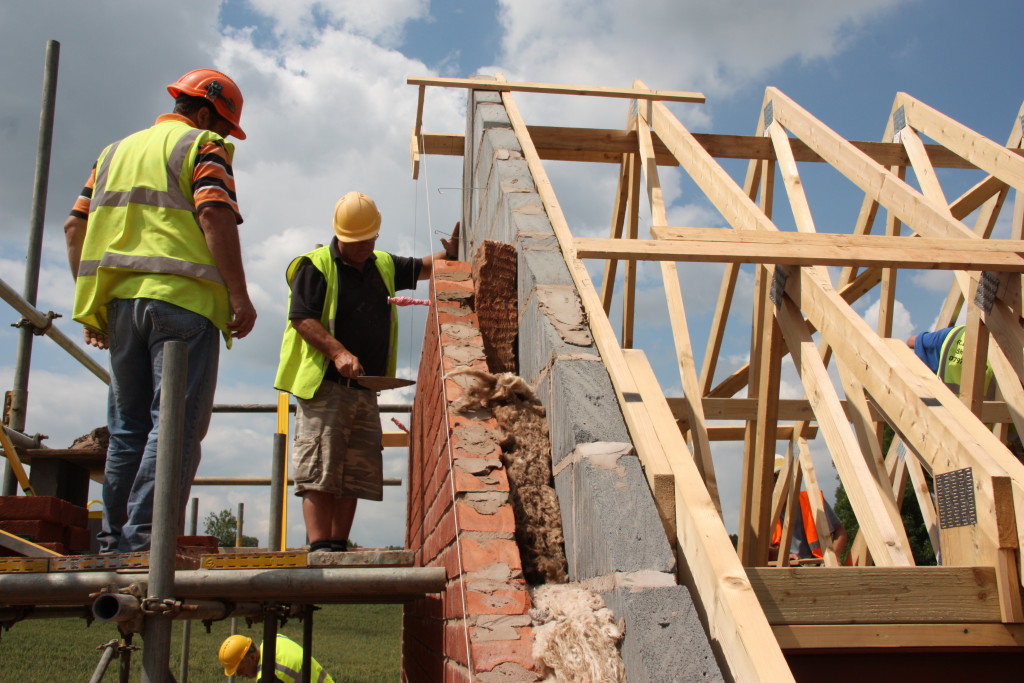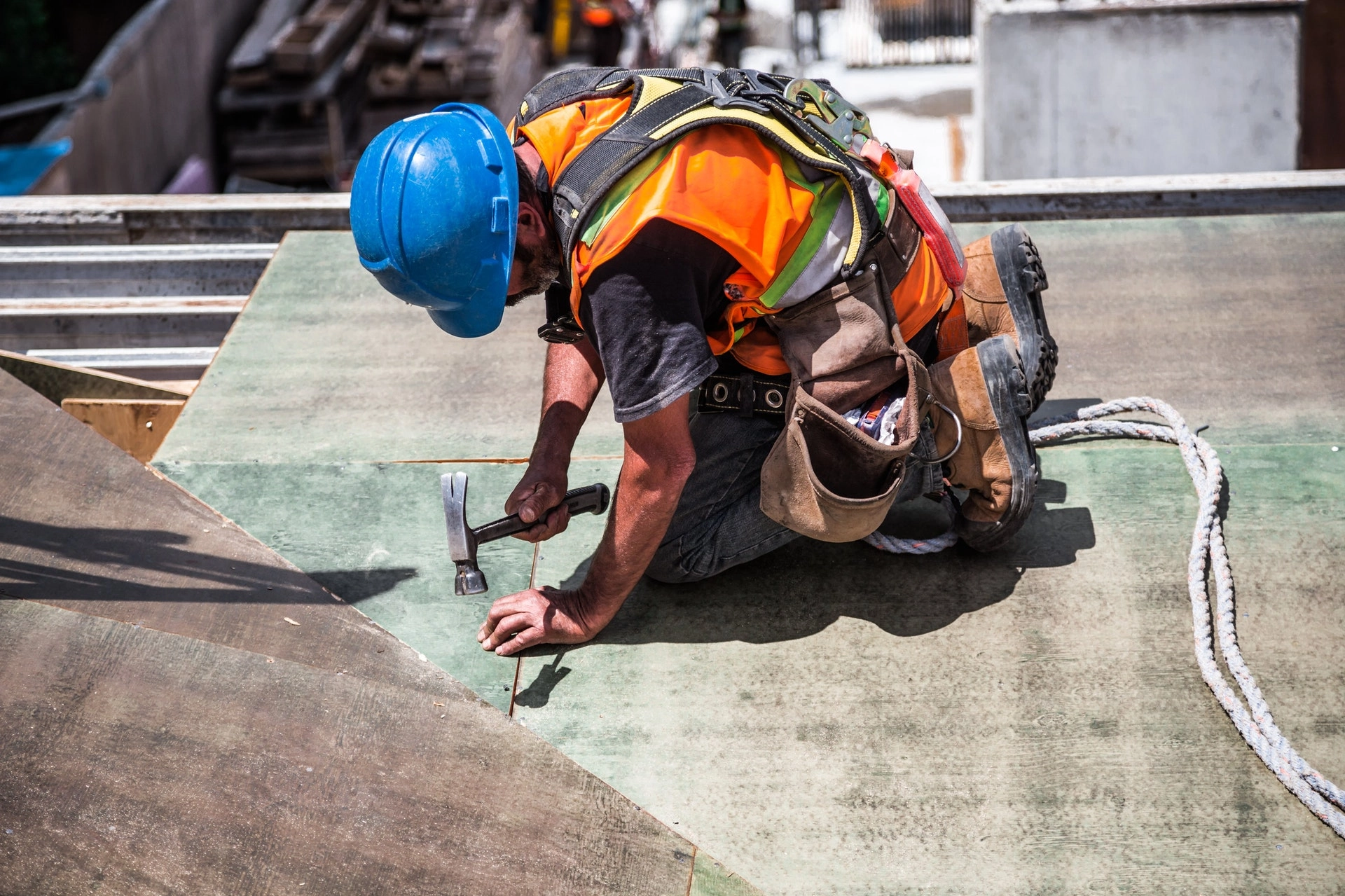When embarking on a building project, it’s natural to want assurances that the work will be done to a high standard. So, do builders have to guarantee their work in the UK? While not a legal requirement, guarantees from builders provide important consumer protection and peace of mind. We recommend discussing guarantees with your builder and checking exactly what is covered and for how long. Purchasing a specialist warranty may be advisable for extra protection. In most cases, builders and developers in the UK provide guarantees on their work, typically lasting around 10 years. These guarantees serve as insurance for the builder, covering any structural defects that may arise. Some contractors offer insurance-backed warranties or guarantees that can be purchased by clients. These cover the cost of fixing or finishing work if the contractor does a poor job or goes out of business. Most companies provide a standard 1-year workmanship guarantee. Longer guarantees may involve additional costs. It’s important to understand the difference between a guarantee and a warranty. Competent person schemes, ensuring building work meets standards, must have a minimum 6-year guarantee period. A warranty is a comprehensive insurance policy provided by a developer to the property owner or buyer where work is carried out. If a major defect arises after the first year and the builder refuses to fix it, guarantees can provide recourse. However, guarantee lengths vary depending on the builder. A recent UK law amendment mandates developers provide a warranty to new home purchasers. The minimum warranty length is yet to be determined. While not legally required, builders lacking warranties may impact buyer confidence in work quality. When embarking on a building project, consider guarantees and warranties for assurance of work standards. Builder’s warranties protect against defects in workmanship and materials. Coverage varies, but common inclusions are: Warranties usually specify what is not covered as well as what is. Exclusions may include: Coverage timeframes also vary. Structural defects may be covered for 10 years, while finishes and fittings for 2 years. Read the small print to understand exactly what is and isn’t protected. If a defect arises, the warranty holder contacts the builder to fix the issue. If the builder fails to do so, the warranty provides the legal right to claim compensation for repairs. While not mandatory, warranties give homebuyers confidence in the quality of construction. Understanding what is and isn’t covered allows for informed decisions when purchasing a new build. Credit: Protek Warranty There is no standard duration for builder warranties in the UK. Coverage periods vary between builders and projects. Typically, warranties are valid for: Some builders may offer longer warranties on certain items as part of promotional deals. For example, covering roofs for up to 20 years. It’s important to check the fine print. Warranties usually specify start and end dates for each covered component. Coverage generally begins upon legal completion of the property. Homebuyers should clarify warranty durations before signing a contract. Consider whether timeframes seem reasonable given the nature of what’s covered. Ask about options to extend warranty periods for key items like foundations. While most defects arise early on, longer warranties bring added peace of mind. Weighing up warranty terms helps ensure the builder stands behind the quality of their workmanship. It can be frustrating if a builder refuses to acknowledge or fix an issue covered under warranty. Don’t panic, there are steps you can take to get the problem resolved. First, review your warranty documentation to confirm coverage for the defect. Make sure you report the issue within the warranty period. Some warranties also require using specific contractors for repairs. If the builder still doesn’t cooperate, send a formal letter citing the warranty terms and giving a reasonable deadline to address the problem. Politely state you’ll pursue other options if they don’t comply. As a last resort, consider legal action through mediation or courts. Or file a complaint with a trade association if the builder is a member. You can also report them to Trading Standards. If defects are extensive, some home insurance policies offer cover to pursue repairs. Or you may be able to file a claim against the original warranty provider. While frustrating, staying calm and following proper procedures can get reluctant builders to fulfil warranty obligations. If all else fails, legal and regulatory channels can help resolve valid warranty claims. Problems can sometimes arise even after the builder’s warranty has ended. While you lose certain protections, you still have recourse. First, review your initial contract. Many builders provide limited coverage for major systems like plumbing or electrical beyond the standard warranty period. This is typically 1-2 years after expiration. For general defects, determine if poor workmanship or materials caused the issue. If so, you may be able to pursue legal action against the builder within 6-10 years under defect liability laws. Check if any components like windows or appliances came with separate manufacturer warranties that are still valid. The maker would handle repairs under their coverage terms. For minor issues, hiring an independent contractor yourself is often the most straightforward option. Get multiple quotes to find reasonable rates. While not ideal, paying for repairs may be less expensive than lawsuits. But for major habitability or safety defects, legal counsel can advise if you have grounds to recover costs. Even if the builder’s warranty has lapsed, you still have options to address problems. Understanding defect liability laws, component warranties, and when repairs are most pragmatic can guide you. In the UK, it is possible to take legal action and sue a builder for poor workmanship. To do this, you would need to prove a breach of contract occurred and that you suffered financial loss as a result. You can use evidence such as photographs, invoices, and expert reports. There is no set timeframe for how long builders must guarantee work in the UK. Many provide a 12-month guarantee as standard. For structural elements, a guarantee of up to 10 years may be offered. Specialist insurance-backed guarantees can also be purchased. It is not a legal requirement for builders to provide a guarantee on work carried out. However, most reputable builders do offer some form of guarantee, typically lasting around 12 months, to assure quality standards. Longer guarantees may be available. If work is completed to an unsatisfactory standard, consumers have the right to ask the trader to fix the problem or failing that, to get a price reduction or refund. Legal action can also be taken for breach of contract. In most cases, builders and companies in the UK provide guarantees on their work to assure quality, typically lasting around 10 years for structural elements. However, guarantees are not mandatory and duration varies. New home buyers are entitled to warranties. If major defects occur, guarantees can provide recourse options.
Do Builders Have to Guarantee Their Work in the UK?
Key Points
Our Opinion
Do Builders Have to Provide a Warranty in the UK?
What Is Covered Under a Builder’s Warranty?
How Long Do Builder Warranties Last?

What to Do if Your Builder Won’t Honor a Warranty
Your Options if You Have Issues After the Warranty Expires
FAQ
Can you sue a builder for poor workmanship in the UK?
How long do builders have to guarantee work?
Do builders guarantee their work?
What are my rights for poor workmanship?
Conclusion

